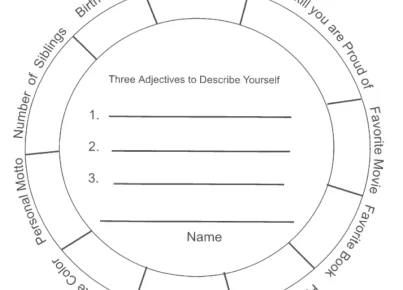Introduction:
Greek mythology is an integral part of the rich history of Western civilization. From an early age, many people are introduced to these timeless tales of gods, goddesses, heroes, and monsters. As lessons and morals are embedded into the core of these stories, one can’t help but wonder how these ancient teachings relate to our modern lives. Today, let’s dive into a few key lessons from Greek mythology that might just save you from an uncomfortable conversation with your school principal.
Lesson 1: The Perils of Hubris
The stories of Icarus and King Midas both revolve around the central theme – hubris. Icarus’ father warned him not to fly too close to the sun. Ignoring the advice, he soared upwards until his wax wings melted away, plunging him into the sea. Midas was granted a wish and selfishly wished for everything he touched to turn to gold. This ended disastrously as even food turned to gold and he nearly starved himself.
What can we take from this? First and foremost: when listening to an authoritative figure (like a teacher or principal), it’s wise to heed their advice. Secondly, don’t let ambition cloud your judgment – doing something reckless could lead not only to trouble but also to unpleasant calls home.
Lesson 2: Know Thyself
In the story of Oedipus who defeated the Sphinx by answering her riddle (and unknowingly killed his father), eventually discovering his true identity led him to blind himself in atonement for his sins. The famous lesson in this tragedy is “know thyself” – understand who you are and accept one’s faults.
Applying this lesson in school means accepting accountability and recognizing mistakes when you make them. Knowing yourself helps prevent conflicts with peers and educators, builds trust and strengthens relationships. Avoiding responsibility only leads to more significant problems and possibly even a meeting with your principal.
Lesson 3: Perseverance Pays Off
The story of Hercules highlights perseverance; he completed his twelve labors despite countless adversities. Similarly, Sisyphus, while ultimately punished for his deceitfulness, portrays persistence as he continuously pushes the rock up the hill for eternity.
When it comes to school life, perseverance is essential. Whether it’s studying for exams, completing assignments or striving to be part of a sports team – determination can help you achieve your goals. The unwillingness to give up will prevent unpleasant confrontations and is certainly an attribute admired by school officials.
Conclusion:
Ultimately, Greek mythology – while fascinating and fantastical – offers essential life lessons: respect authority, know yourself, and persevere in the face of adversity.
By applying these lessons to our daily school lives, we can avoid awkward situations with teachers or (worse yet) meetings with principals. Myths often hold more truth than meets the eye; it’s simply about understanding how their morals apply to today’s world.





